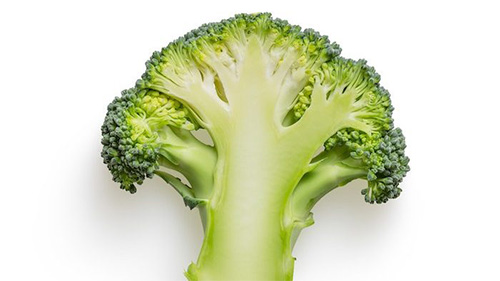How Plant-Based Seafood Is Changing the Way We Eat?

The plant-based diet trend shows no signs of abating, and now it's making a splash in the seafood market. From sushi rolls to fish and chips, plant-based seafood alternatives are growing in popularity among eco-conscious diners, health enthusiasts, and curious foodies. But what's driving this trend, and why should you care?
Why choose plant-based seafood?
Traditional seafood faces two major challenges: overfishing and environmental impact. According to the United Nations, nearly 34% of global fish stocks are overexploited, putting marine ecosystems at risk. Plant-based alternatives offer a sustainable solution that reduces pressure on the ocean while providing a familiar taste and texture without harming aquatic life.
Beyond sustainability, plant-based seafood is gaining recognition for its potential health benefits. Many alternatives are rich in protein, dietary fiber, and omega-3 fatty acids from algae, chia seeds, or flax seeds—nutrients traditionally associated with fish. They also eliminate mercury, microplastics, and other contaminants commonly found in some seafood.
Innovation on the Plate
Food tech startups and established brands alike are experimenting with new ingredients and processing techniques to mimic the taste, texture, and even the flakiness of seafood. Seaweed, konjac root, soy, pea protein, and mycoprotein are key to this culinary revolution. Companies are now producing plant-based shrimp, tuna, crab cakes, and even squid that look, cook, and taste just like the real thing.
Chefs are also embracing these innovations. At high-end restaurants, plant-based seafood dishes sit alongside traditional fare, often paired with creative sauces, fresh herbs, and seasonal vegetables. Sushi restaurants are also offering vegan rolls featuring plant-based fish and crab, allowing diners to indulge in their favorite flavors guilt-free.
Consumer Demand
The rise of plant-based seafood isn't limited to vegans and vegetarians. Flexitarians (those who occasionally eat meat or fish) are driving this demand. For them, plant-based seafood offers a way to reduce environmental impact and make healthier choices without completely giving up familiar flavors.
Interestingly, taste tests revealed that many consumers couldn't distinguish plant-based seafood from conventional seafood, highlighting how far these products have come in terms of culinary authenticity. Packaging, branding, and accessibility are also improving, making these alternatives easier to find in supermarkets and online grocery platforms.
With continued research and development, the variety and quality of plant-based seafood are expected to continue to improve. From sustainable sushi to plant-based fish tacos, the market is ready for innovation. The rise of plant-based seafood not only heralds a new culinary experience but also signals a shift toward more environmentally friendly and sustainable dining.



